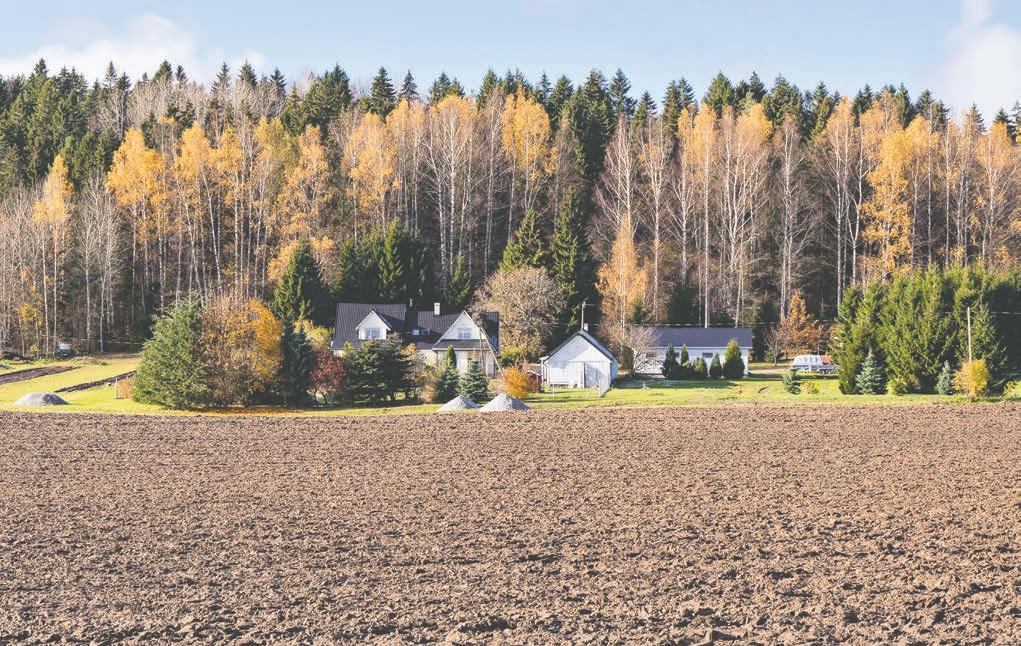
1 minute read
of new federal housing tax
from April 28, 2023
Canada is in the midst of a housing crisis and different levels of government are introducing various measures to try to ease the pressure. For the federal government, one of those measures is the Underused Housing Tax Act that became law last year.
It is a one percent tax on the value of vacant or underused housing, and the new federal legislation requires that individuals who aren’t Canadian citizens or permanent residents, as well as private corporations and partnerships – which includes farms – who own residential housing to file an Underused Housing Tax return even if they don’t have to pay any tax. The legislation was designed to address urban homes, condominiums and apartments that have been purchased for investment purposes, often by foreign buyers, and are now unused or not used to their full extent. Farmers don’t play a meaningful role in Canada’s rental housing market, but they’re now forced to deal with the unintended consequences of these new rules.
Advertisement
That’s because many farmers do in fact own more than one residence, but not because they’re keen to be landlords or residential investors. Rather, their interest lies in the land, and they’ve bought additional farmland over the years to expand their business or, for example, make it possible for a son or daughter to become part of the farm. a farm corporation owns, and if that return isn’t filed, the penalties are substantial – up to $10,000 or more.
Much of that farmland often includes a farmhouse and as those older, smaller farms are absorbed into larger ones, farmers inadvertently become the owners of multiple residences. And regardless of whether those homes are subject to the new tax or not, the new legislation requires that farmers must now file a return under the Underused Housing Tax Act.
As farmers, we are in the business of farming, not real estate, and although most of us are exempt from paying the actual tax, many may still be unaware of the new legislation, its requirements, and its penalties. The paperwork is onerous and time consuming, and the information available on government websites is not terribly detailed or easy to understand.
That’s why the Ontario Federation of Agriculture (OFA), along with the Canadian Federation of
A separate return has to be filed every year by April 30 for each property → OFA 15







